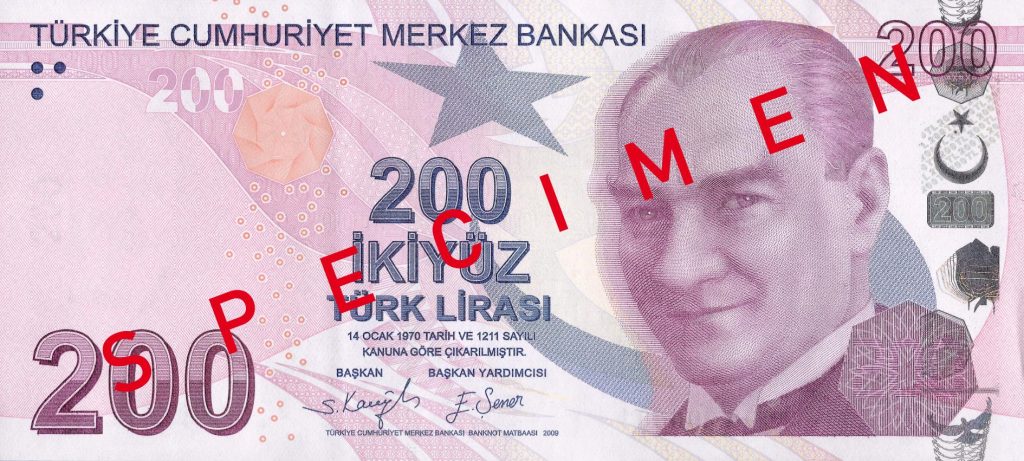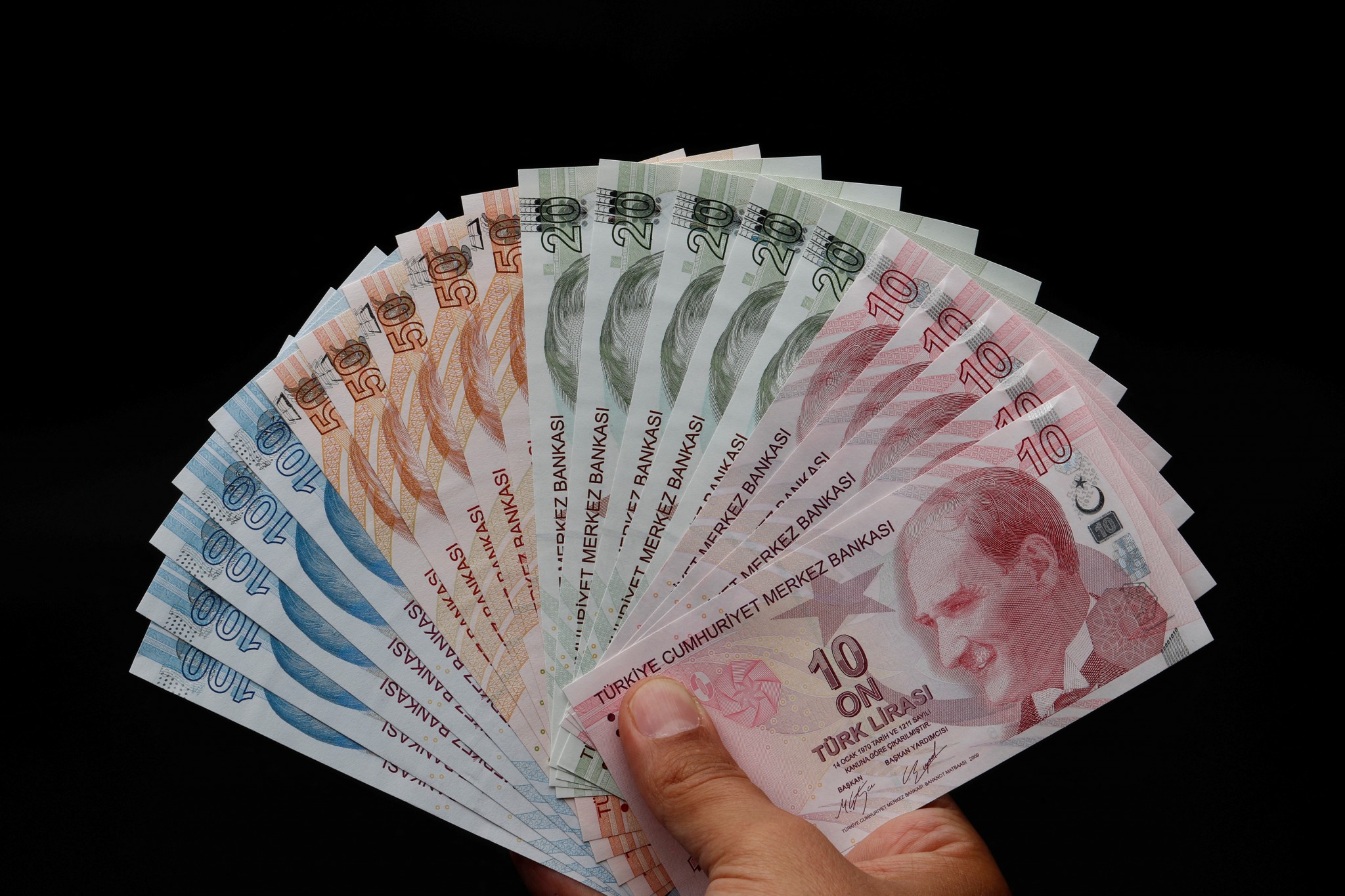Turkey Attempts to Stabilize the Lira
Ayse Bayram
Finance Writer
Turkey’s economy, similar to every other nation, has taken a hit with inflation rates. But unlike every other country, President Recep Tayyip Erdogan has refused talks of possible increases in interest rates.
To keep the Turkish lira afloat, the Finance Ministry announced a plan to battle the lira’s fall. A new currency protected account guarantees a rate of return that tracks the rate of other currencies. As the lira depreciates, the government would jump in and compensate for any losses. The new account consists of three time periods: three, six, nine or twelve months. Once money is deposited into the account, the deposited currency will grow based on the benchmark rate set by the bank. If the lira were to depreciate during the set time period, the government would cover the lost value.

With inflation rates near 20% and no plans to raise interest rates, the Turkish Lira has lost 40% of its value against the U.S. Dollar. As the Lira continues this loss, citizens have spent the past year moving money from the Turkish Lira to commodities such as gold and other foreign currencies.
Though more volatile, cryptocurrency investments have gained popularity within the last year. Stablecoins, such as Tether, that are equivalent to the value of the U.S. Dollar has shown promising results compared to holding the national currency.
Erdogan’s refusal to raise interest rates is due to a strong belief that such action would worsen inflationary conditions. He has cited Islamic beliefs that are against high interest rates as religious passage that support the belief that interest rates are harmful to individuals. With lower rates, he hopes the economy will benefit in the long run as low rates should promote projects. Erdogan has fired all officials who have disagreed with his decisions.
Turkey’s decision to create a savings account that is guaranteed by the government seems like a great way to combat the current currency issue. It should be able to create a sense of confidence within locals to keep their currency rather than investing into foreign currencies. In addition, a currency protected account should be able to neutralize purchasing power that has been lost due to high inflation rates. This should be able to resist the rising costs that many have been complaining about. However, there is very little information regarding these accounts. The Turkish government has not explained how these accounts will be funded if they were to lose value. This raises questions of the possibility of printing money. Inflation would only worsen.
Erdogan’s economic decisions and reasonings are definitely interesting as they seem to oppose common economic understandings. For example, to fight against rising inflation rates, one would typically raise interest rates. Erdogan’s excuses of keeping low interest rates to promote foreign investment has only hurt locals. Rising costs and depreciation against the dollar has made it difficult for families to afford basic necessities, forcing them to cut costs. Frustrations within Turkey’s Government are seen by its citizens who have been protesting against Erdogan’s decisions.
The new account comes at a perfect time for Erdogan as he must begin to prepare for next year’s election. The policy released shows the government understands that harm that is felt by citizens but it is not enough. Inflation rates should be the main focus in its current state of economy rather than the long term. This will only benefit locals who will decide in June of 2023 whether Erdogan stays.
Contact Ayse at ayse.bayram@student.shu.edu

